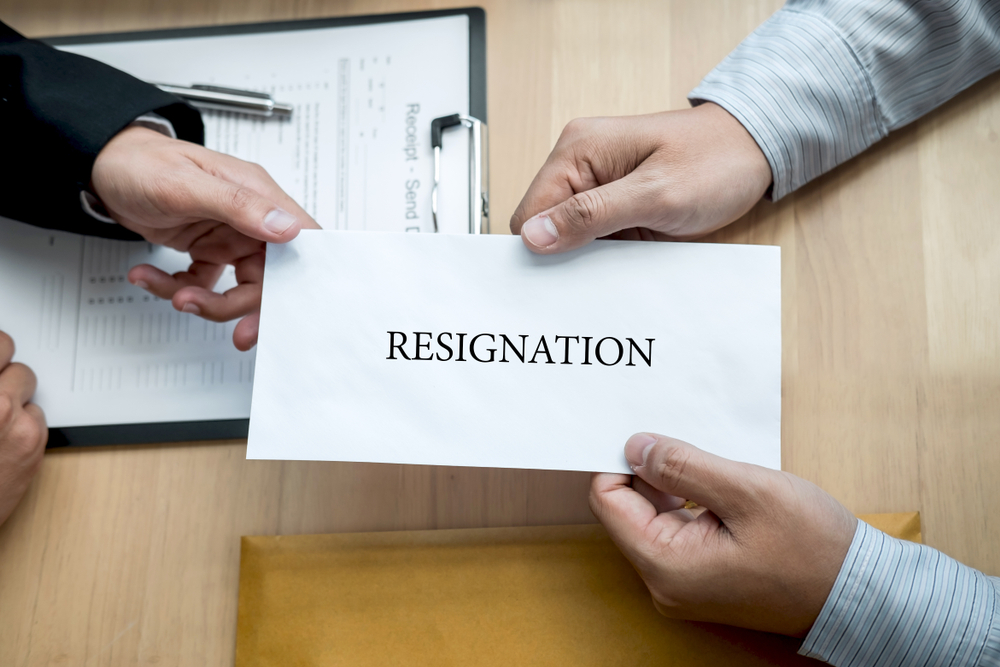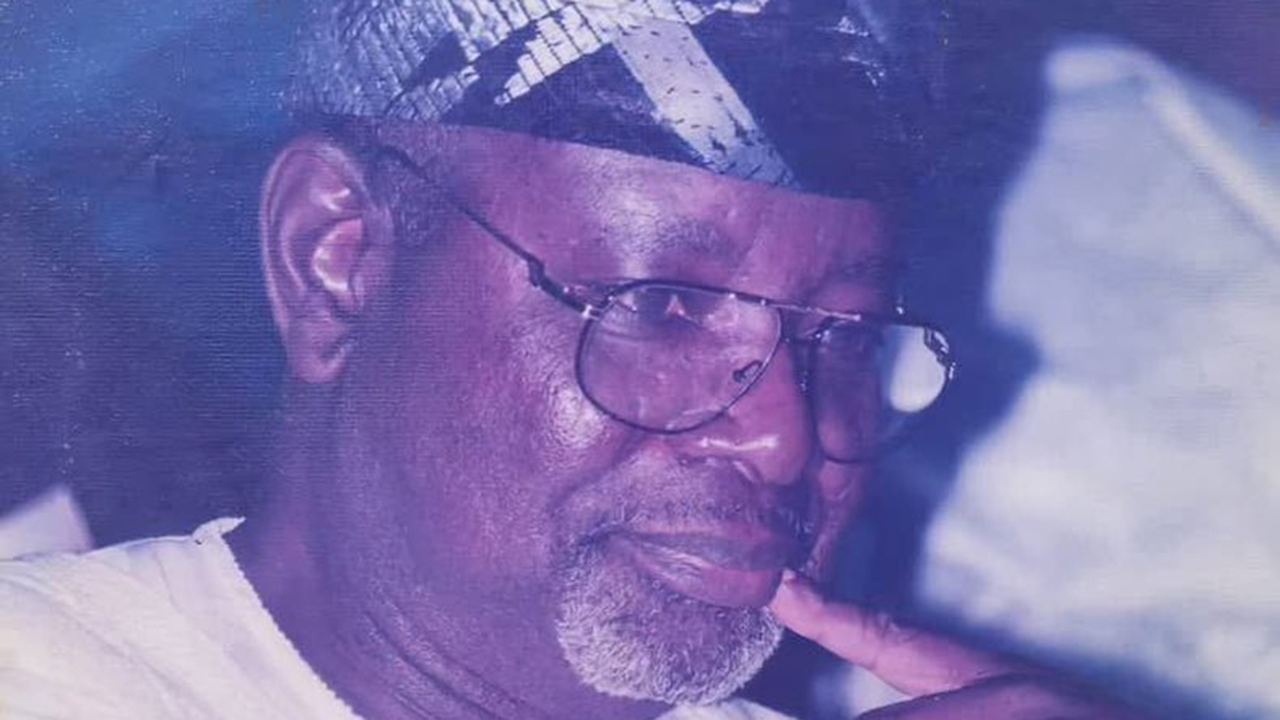
The minister stated this on Wednesday when he unveiled Hexing Livoltek, an electricity meter manufacturing company in the Lekki area of Lagos State.
Adelabu said grid collapses are almost inevitable in Nigeria given the deplorable state of the country’s power infrastructure.
According to him, having multiple power grids in each region and state would ensure stability.
He stressed that the decentralisation of the power sector will help the plan to build grids in each region, saying this was made possible by the Electricity Act signed by President Bola Tinubu in 2023.
“This Electricity Act has decentralised power. It has enabled all the subnational governments, the state government and the local government, to be able to participate in the generation, transmission and distribution of electricity. We all rely on a single national grid today; if there is a disturbance of the national grid, it affects all 36 states. It shouldn’t be like that.
This will enable us to start moving gradually towards having regional groups and possibly having state grids.
“And each of these grids will be removed and shielded from each other. So, if there’s a problem with a particular grid, only the state where it belongs will be affected, not the entire nation. So, this is one of the impacts this Electricity Act will have,” he stressed.
He emphasised that the grid collapse would be inevitable without sufficient investment in the sector.
“We keep talking about grid collapse. Grid collapse, grid collapse, whether it’s a total collapse, partial collapse or slight trip-off. This is almost inevitable as it is today, given the state of our power infrastructure, the infrastructure is in deplorable conditions, so why won’t you have trip-offs? Why won’t you have collapses, either total or partial? It will continue to remain like this until we are able to overhaul the entire infrastructure. What we do now is to make sure that we manage it,” he declared.
Adelabu maintained that there was no grid collapse in the last four months until it happened again on Monday.
“In the last four months, we have not heard of any grid collapse, except two days ago when we had a partial collapse that didn’t even last two hours. So, what we work on now is how to improve our response time, to bring it up each time it collapses. There are transformers of 60 years old, and 50 years old, and you’re expecting them to perform at the optimal rate. It is not possible. That is why we need a lot of investments in this infrastructure to bring them up to speed, to bring them up to the state that can give us a grid that will not collapse again,” he enunciated.
Adelabu, while unveiling the company, commended the firm for investing so much in Nigeria at a time when some were divesting.
He said the event marked a significant milestone in the journey of the sector towards a more efficient and equitable electricity sector.
“Let me mention that the event of today is quite significant and important to me given a determined focus on developing and improving local content in the power sector, for the sustainability of the sector and job creation for our teeming population, which is why I have to cut short my short vacation to ensure I’m able to attend the event here today,” Adelabu posited.
The minister explained that the launch of the meter factory represented a key achievement in the ongoing efforts to prioritise local content, foster job creation and reduce Nigeria’s reliance on importation.
This, he said, will reduce the pressure on the naira and “improve the exchange rate that has recently gone haywire with its impact on the cost of living and the hardship our people are passing through.”
He maintained that the government is promoting domestic production of essential energy components like meters, driving industrial growth and enhancing the sustainability of the power sector.
“We know what it involves to keep relying on imports for the components used in our power sector infrastructure, from generation to transmission to distribution. We keep importing power transformers, we keep importing power cables. We are importing importing meters.
“It elongates the turnaround timing to fix our dilapidated infrastructure. The process of opening Form M, applying for FX allocation, doing the import itself in terms of freight, of clearing our imports. This is one of the reasons why we have experienced the kind of deplorable state of our infrastructure in the power sector. We believe that if a lot of these materials can be sourced locally, the timing required for fixing this infrastructure will greatly reduce and the gaps we currently experience will be filled,” he stated.
The power minister urged the company to promote local content by integrating more Nigerians into its workforce.
The Chief Executive Officer of Hexing Group, Robert Liang, expressed optimism about Hexing’s expansion into Nigeria, calling it a pivotal moment for the company and a commitment to advancing clean energy in the country.
“This is a proud moment for the Hexing Group as we open our branch in Nigeria. It’s more than just an office; it’s a step towards a future where clean energy drives the growth of this great nation.”
Liang emphasised Hexing’s three decades of leadership in smart energy systems, solar technology, and digital infrastructure.
“Now, the company is bringing that wealth of experience to Nigeria to meet the nation’s energy needs and unlock its vast potential. With its dynamic economy and growing population, Nigeria is poised for an energy revolution. Reliable and sustainable energy is critical, and Hexing is here as a partner—not just a vendor—to support this transition.”
He highlighted Hexing’s strategy of innovation, localisation, and partnership, focusing on delivering solutions customised for Nigeria’s specific needs.
A former Director General of the Nigerian Maritime Administration and Safety Agency, Dakuku Peterside, commended Adelabu for the ongoing reforms in the power sector, saying the reforms would attract more investors to the sector.





